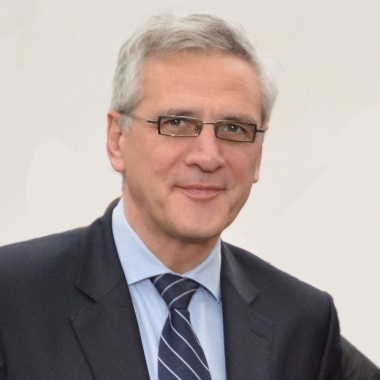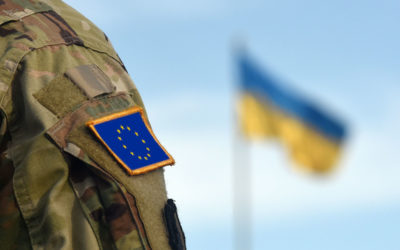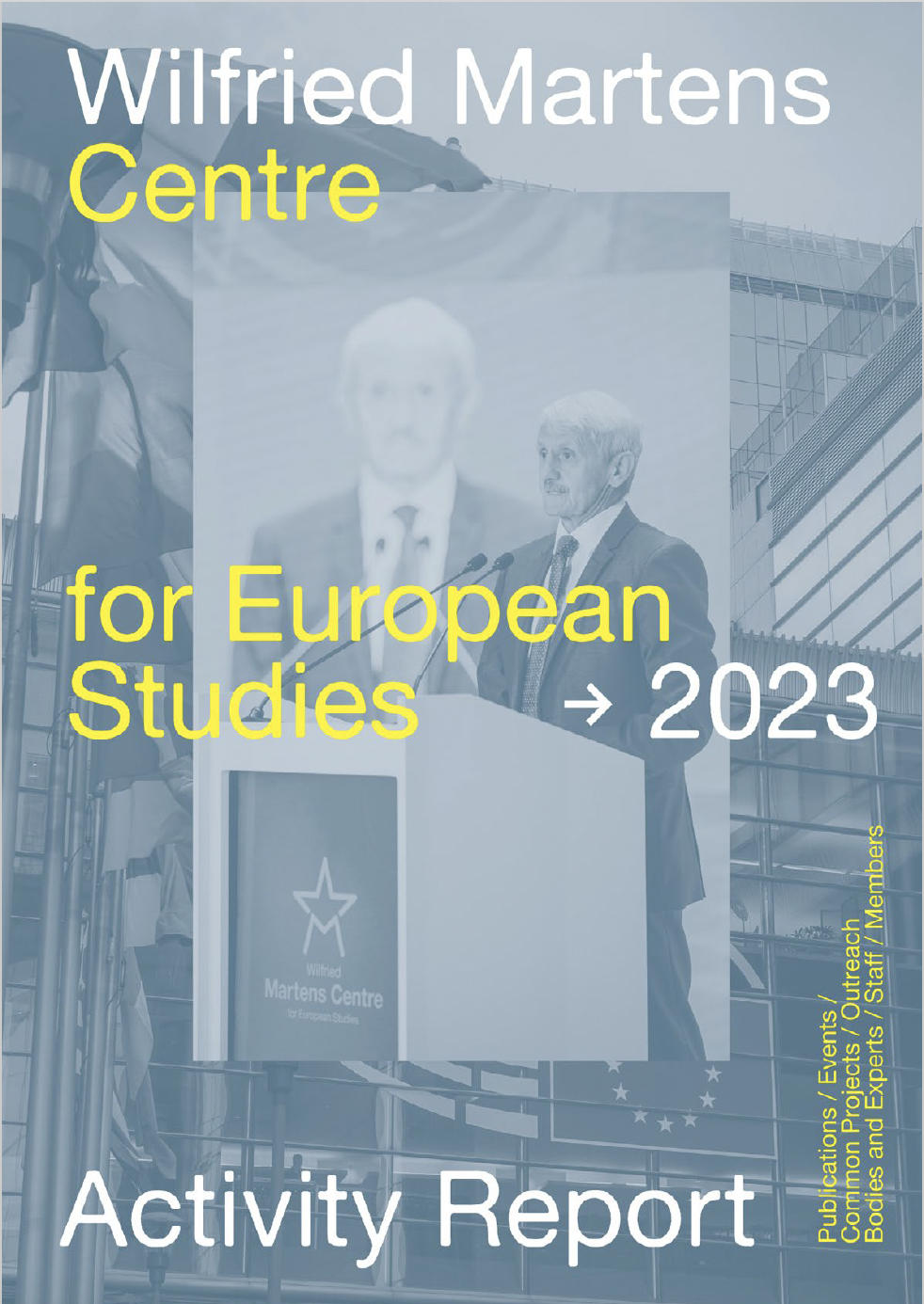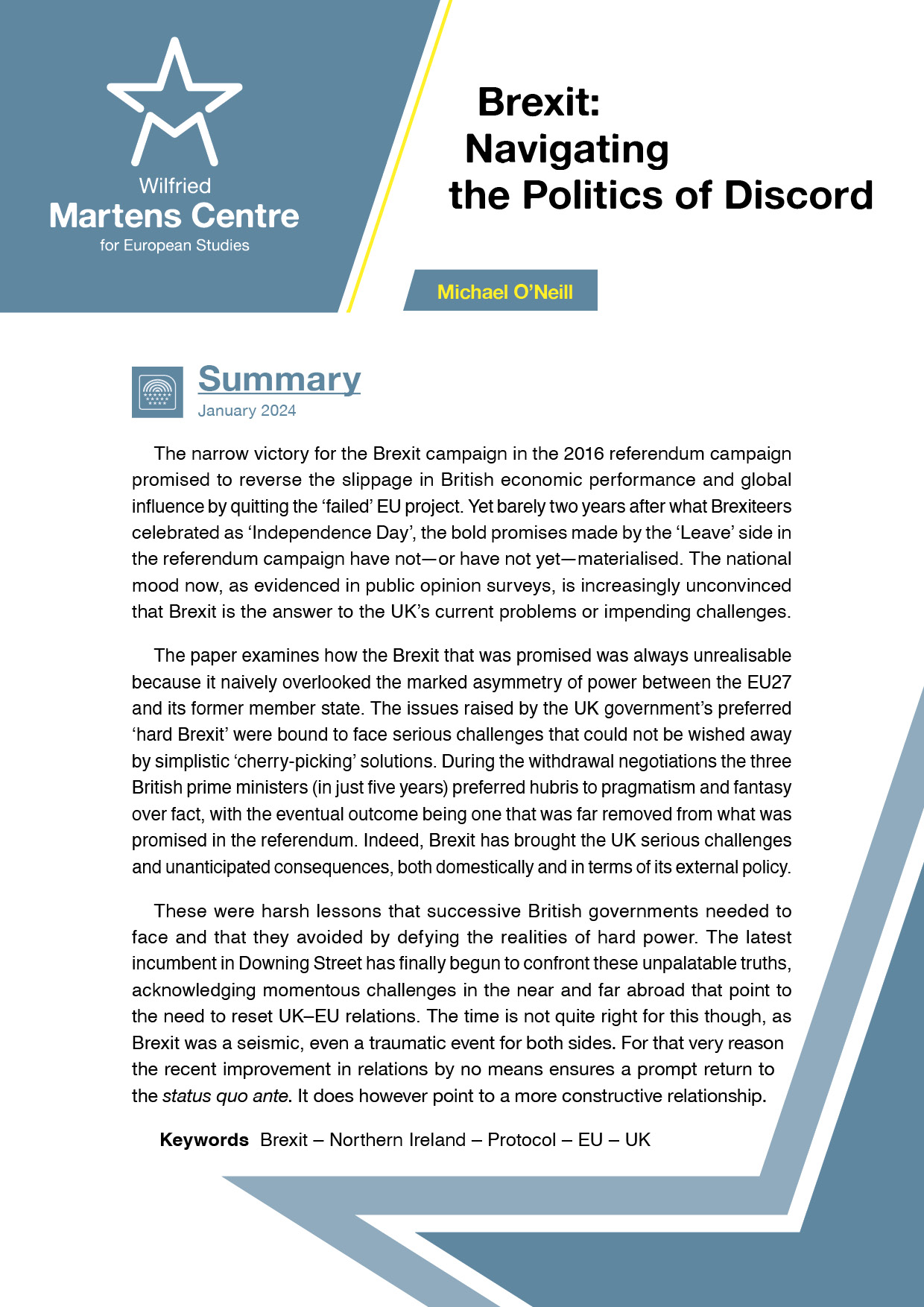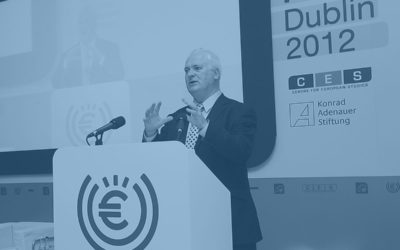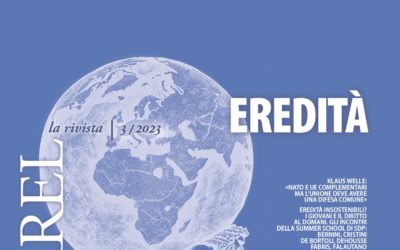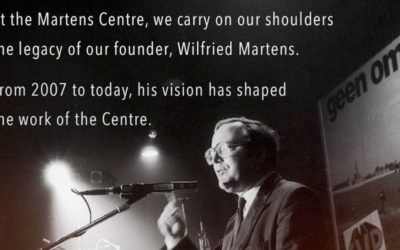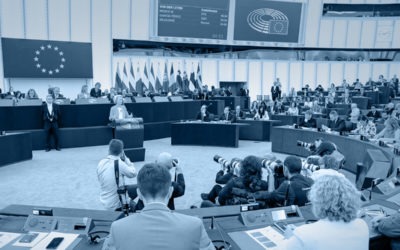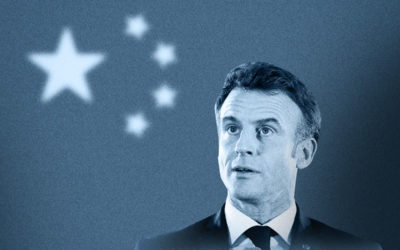Let’s speak the truth about the European Union
29 May 2018
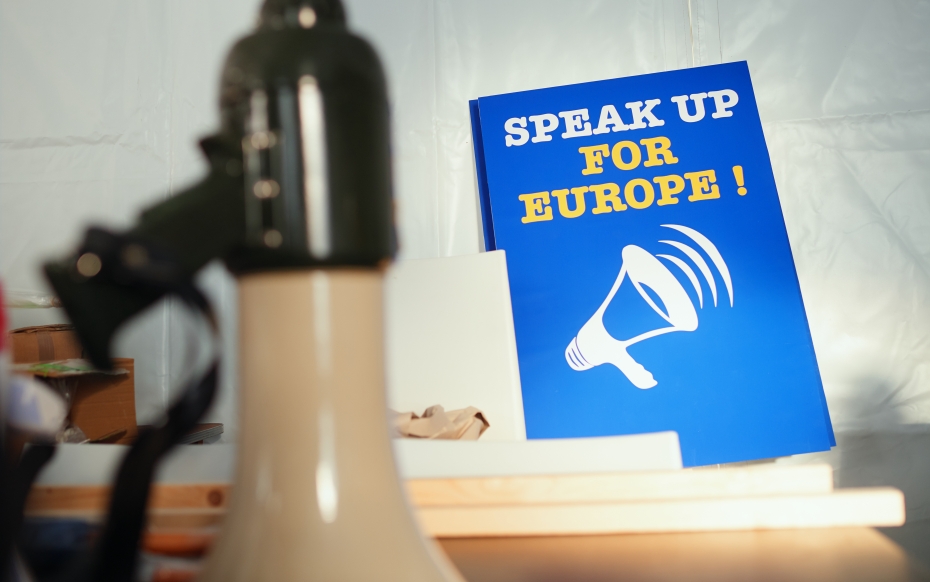
Populists love blaming the EU for everything that goes wrong in our societies, proclaiming that a return to a Europe made up of nation states is the only path forward. But when doing so, they should go beyond the ideology and look at the real consequences of such a shift. They should talk about how this will end open trade as we know it, how this will cost hundreds of thousands of jobs across the EU and how it will make the EU less safe.
The European “super state” with its soulless bureaucracy and its ivory tower is an easy target cliché for those looking for a scapegoat. But people using that image swiftly find themselves in an awkward bind. If they say that citizens need a quid pro quo when paying taxes and only want their taxes to be used to build roads and bridges, they should also say that more often than not roads and bridges are payed for with EU funds. If they say that EU taxes would be an atrocity, they should stop saying that the EU’s external borders remain unprotected.
So let’s speak the truth about the EU. The truth is that it wasn’t established by soulless bureaucrats but by people like Adenauer and Schuman and Spaak. Statesmen who had personally witnessed the horror and ruin of neighbours going to war with one another.
Populists love blaming the EU for everything that goes wrong in our societies, proclaiming that a return to a Europe made up of nation states is the only path forward. But when doing so, they should go beyond the ideology and look at the real consequences of such a shift. They should talk about how this will end open trade as we know it, how this will cost hundreds of thousands of jobs across the EU and how it will make the EU less safe.
The European “super state” with its soulless bureaucracy and its ivory tower is an easy target cliché for those looking for a scapegoat. But people using that image swiftly find themselves in an awkward bind. If they say that citizens need a quid pro quo when paying taxes and only want their taxes to be used to build roads and bridges, they should also say that more often than not roads and bridges are payed for with EU funds. If they say that EU taxes would be an atrocity, they should stop saying that the EU’s external borders remain unprotected.
So let’s speak the truth about the EU. The truth is that it wasn’t established by soulless bureaucrats but by people like Adenauer and Schuman and Spaak. Statesmen who had personally witnessed the horror and ruin of neighbours going to war with one another.
A strong European Union benefits every European citizen. Not in spite of, but because of its large scale.
The EU started as a project to safeguard peace across the continent. But over the years it became so much more, it became an ever-closer union. A Union of unprecedented economic and social welfare and shared values. Christian democrats have been the driving force behind that evolution, and the EPP remains the driving force to this day.
We continue to ensure that the European Union is being democratically governed. Through the member states in the Council, through the representatives elected to the European Parliament by our people and through Commissioners who are delegated by the governments of their home nation.
A strong European Union benefits every European citizen. Not in spite of, but because of its large scale. We live in an era of fundamental geopolitical and economic shifts. The reality of today, the outside world in turmoil scares people, which is understandable. But capitalizing on those fears for electoral reasons and making protectionist pleas for a return to separate, individual nation states with closed borders, is reprehensible. In a world that is dominated by competing superpowers, even countries like France and Germany are small players.
The European Union, representing 25% of the global economy, must speak with one voice on the global stage. It is the only way to defend our interests. Only in the Bible does David triumph over Goliath. If US President Donald Trump hasn’t yet implemented import tariffs on European steel, it is because the EU is taken seriously as a large trade block. I am sure he’d much rather negotiate directly and separately with Belgium or Italy or Hungary.
Is this a plea for that infamous European “super state”? No, of course it isn’t. Our citizens aren’t interested in those kinds of institutional theologies that all too often dominate the debate on Europe. They don’t care about the colour of the cat, as long as it catches mice.
Which mice should Europe catch?
The EU is an economic success story. The internal market brings growth and prosperity, especially so for a very open economy such as Belgium’s. But the benefits and the added value become even clearer when things go wrong. With one member state preparing to leave the EU, the dark economic picture is getting clearer: for Belgium alone this may cost 2.2 billion euros in tariffs as well as the loss of 42,000 jobs.
Yet I do not believe that Brexit will be the beginning of the end of the European Union. On the contrary, we already see that Brexit is bringing the remaining 27 members closer together.
So, the European story is unfinished. We should get on with the creation of an Energy Union and a Digital Union because this is where tomorrow’s economic challenges lie. At the same time, we should recognize that Europe is more than a market. The European Union should protect its citizens. It should provide security and a level playing field.
So no, we don’t find ourselves all of a sudden in a European demos that replaces the national identity. If nothing else, because our identity cannot be defined one-dimensionally.
Under the guidance of Commissioner Thyssen and with the active support of the Belgian Government, we have taken significant steps towards a stronger social Europe and in the fight against social dumping. Equal pay for equal work in the same place has become a reality. We should build on this: before the European elections of 2019 we should reach an agreement on the creation of a European Labour Authority and on the Work-Life Balance Directive.
In addition, the Union should continue its work in shaping a coherent migration policy and better protection of our external borders. A European Union that is built on the rule of law and shared values owes it to itself to provide decent and humane assistance to refugees. We can manage this. But we cannot welcome the entire world to Europe.
This is why we should focus more strongly on timely, quality assistance in the immediate vicinity of conflicts. And we need to know who is entering the EU. Controls at the European external borders need to be strengthened. That is why I plead for a further reinforcing of the European Coast and Border Guard and an increase in EU Border Guards from 1,200 to 10,000.
Who will foot the bill?
The EU Budget has for years amounted to more or less 1% of GNI. So, just 1% of our overall income goes to the EU; the other 99% is spent on other things. This is the order of magnitude and it will not change significantly. So let us not turn the 1% threshold into an obsession. I prefer 1.1% spent well, over 0.9% spent poorly. The proposal of the European Commission for the post-2020 Multiannual Financial Framework seems a good basis to me.
I do not welcome every aspect of course: in the context of Brexit and increasing pressure on Customs services in frontline countries like Belgium, the proposed decrease of the retention of Customs collection costs from 20% to 10% is simply unacceptable. But I also find a lot of interesting ideas in this future-oriented budget: the increase in spending on innovation, investments in human capital and the doubling of the Erasmus+ program.
And yes, new own resources should be a possibility in my view. The proposal of a tax on non-recycled plastic waste is a creative proposal that can help the EU achieve its climate and environmental goals and create a better world for our children and grandchildren.
The limits of the nation state
So no, we don’t find ourselves all of a sudden in a European demos that replaces the national identity. If nothing else, because our identity cannot be defined one-dimensionally. The notion that we cannot be Flemish if we want to be Belgian, or Belgian if we want to be European, is completely outdated.
Today’s reality is that we have a multi-layered identity. We can feel Flemish, Belgian and European at the same time. Because in all of those identities we find a common past and we see a joint future. And that multi-layered identity requires multilevel governance, with real competencies and the necessary striking force. European democracy coincides with local democracy. It is the only way the European Union can strengthen our nations and vice versa.
ENJOYING THIS CONTENT?


